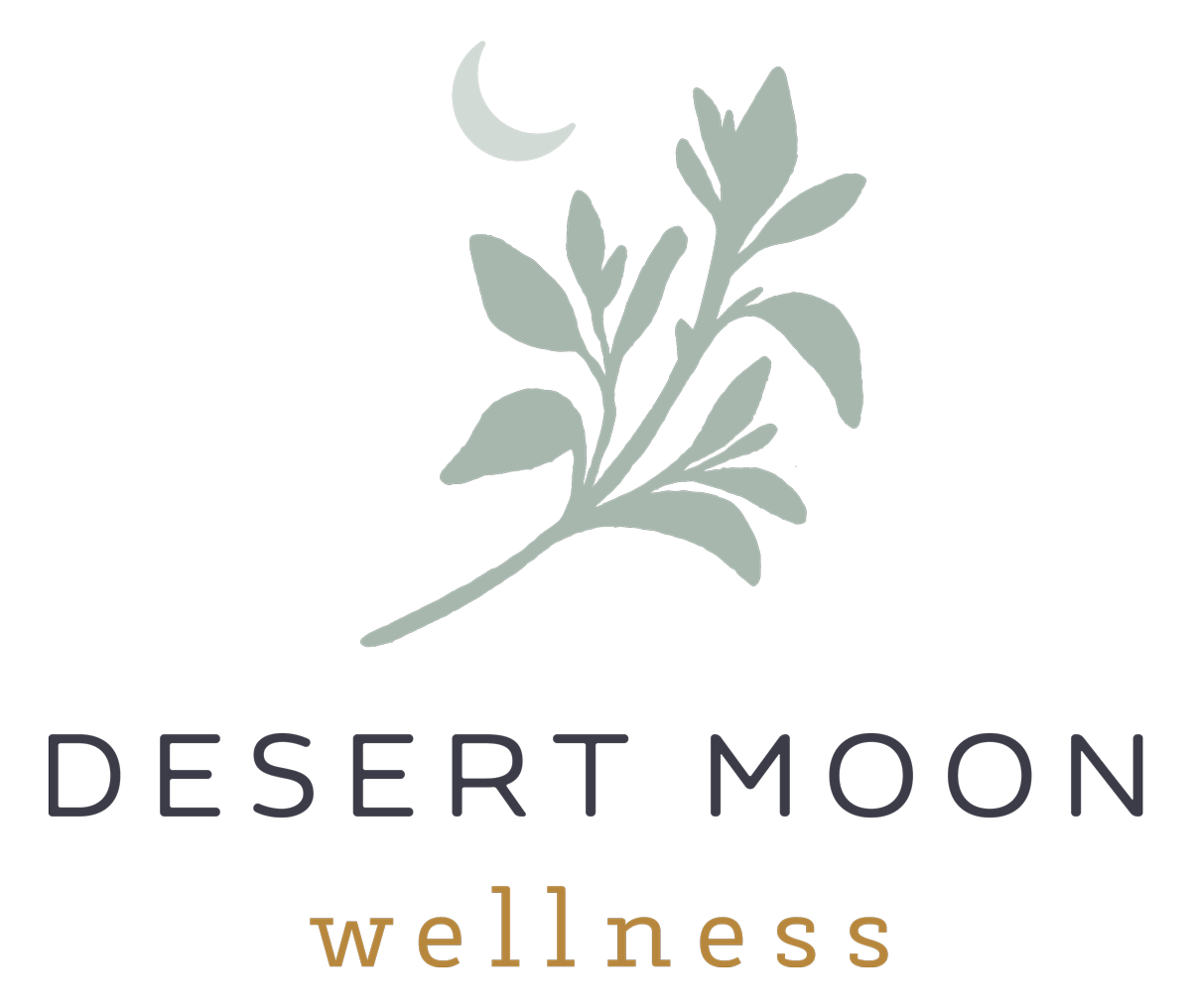Journaling for Healthy Boundaries
Alright friend, I’ve put together another awesome read for you today, complete with—you guessed it—more writing prompts for your therapeutic journaling practice!
Let’s dive in.
Boundaries help protect your time, energy, and ultimately your well-being.
There are Six Types of Boundaries
Physical, Emotional, Time, Sexual, Intellectual, Material
Additionally, there are three primary ways we can establish a boundary within each category: by being rigid, porous, or flexible. Let’s explore each of these a little more.
PHYSICAL
Physical boundaries are limits you set regarding your body, being touched, limits to personal space, your relationship with nutrition and food, and how you support your need for physical activity and rest.
Some journaling prompts you can use to explore your relationship with your physical boundaries are:
Am I comfortable being touched by others? (e.g. hugs, handshakes, high fives, not at all, etc.)
Who am I comfortable being touched by? (e.g. friends, partners, family, co-workers, healing arts practitioners, etc.)
How comfortable am I with people coming into my personal space(s)?
What is my relationship like with the food I make and eat?
How do I prioritize time needed for rest and relaxation? If not, why not?
EMOTIONAL
Emotional boundaries are the types of boundaries you set regarding what you’re comfortable sharing emotionally with others. This includes deciding when to share and when to take time to yourself, knowing your capacity for listening and supporting others, and discerning what you are comfortable sharing with others.
Some journaling prompts you can use to explore your relationship with your emotional boundaries are:
Who will I turn to when I need to discuss something personal? Who am I not comfortable sharing personal things with?
How will I make space to process my own emotions so that when I share I’m not just “dumping” problems onto someone else?
How will my chosen confidants check in with one another on our capacity for listening and expressing?
What types of things am I not comfortable sharing with friends, family, etc.?
TIME
Time boundaries are the boundaries you set regarding how you spend your time, how you prioritize your time, what your time is worth, etc.
Some journaling prompts you can use to explore your relationship with time boundaries are:
How much time would I like to reserve just for myself every day or week?
What takes priority when I am dividing up my free time?
If someone asks me to collaborate or work together professionally, what will I charge per hour? How will I decide what extra projects to devote time to? How will you negotiate my wage with an employer?
SEXUAL
Sexual boundaries include things like consent, establishing communication patterns, and setting rules about safety so you feel comfortable and respected with regards to your sexual health.
Some journaling prompts you can use to explore your relationship with your sexual boundaries are:
How do I communicate consent verbally? And how do I communicate it non-verbally?
What types of sexual intimacy am I comfortable with?
How do I like to communicate when sexually intimate? Mainly through body language? Mainly verbally? A mixture of both?
What are my limits regarding sexual safety? Are multiple forms of contraception necessary for me to feel comfortable (condom and pill, IUD, natural methods, etc.)? Do I prefer going with my partner to get tested for STIs? How will I manage STI health and safety?
INTELLECTUAL
Intellectual boundaries are the types of boundaries we set that relate to our thoughts and ideas. Things like how we respond to someone not respecting our ideas, how we communicate with others, when we discuss something vs. when we know it’s not a good time.
Some journaling prompts you can use to explore your relationship with your intellectual boundaries are:
What does respecting ideas & other perspectives mean to me? What behavior from others will make me feel that my ideas are being dismissed or diminished? What will I do take care of myself if that happens?
How will I show others I respect their ideas and perspectives?
What will signify to me that it’s time to walk away from a discussion? (am I okay with friendly debates? Am I okay with heated debates? Do I prefer to remove myself from conversations before the heat turns into conflict?)
How will I communicate when it’s time for you to remove myself from a conversation?
How will I communicate if I feel that my needs, thoughts, and / or ideas aren’t being respected?
MATERIAL
Material boundaries are boundaries related to material possessions, objects, home or work spaces, etc.
Some journaling prompts you can use to explore your relationship with your material boundaries are:
What can I afford to share?
What am I willing to share?
How will I share what I have?
Who will I share with?
What will I not share? How will I decide?
GENERAL QUESTIONS FOR CONSIDERATION
Some journaling prompts you can use to explore your boundary tendencies are:
Do I tend to have rigid boundaries, porous boundaries, or flexible / healthy boundaries?
How do these types differ within each of the six categories discussed?
REMEMBER, BOUNDARIES PROTECT YOUR TIME, ENERGY, AND RELATIONSHIPS
By exploring your relationship with each of these boundary categories, this will help you to better understand all the layers that have contributed to your challenges in this area as well as ways you can work to resolve this and begin to communicate your needs more effectively.
Exploring and resolving issues related to boundary setting will help prevent miscommunication and resentment. After all, resentment surfaces when we don’t honor our own limits.
Ultimately, you are the gardener of your life and this means conscious cultivation of the kind of like you wish to live. YOU get to decide what you will allow to continue to grow.

